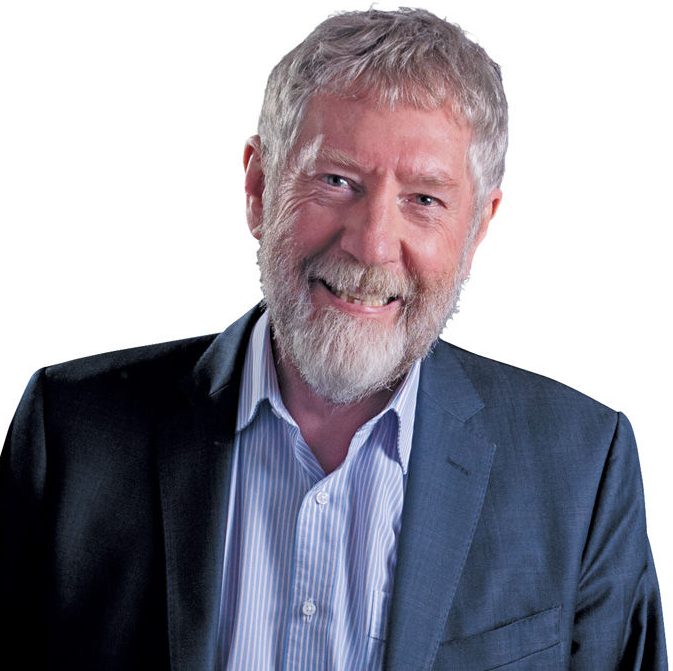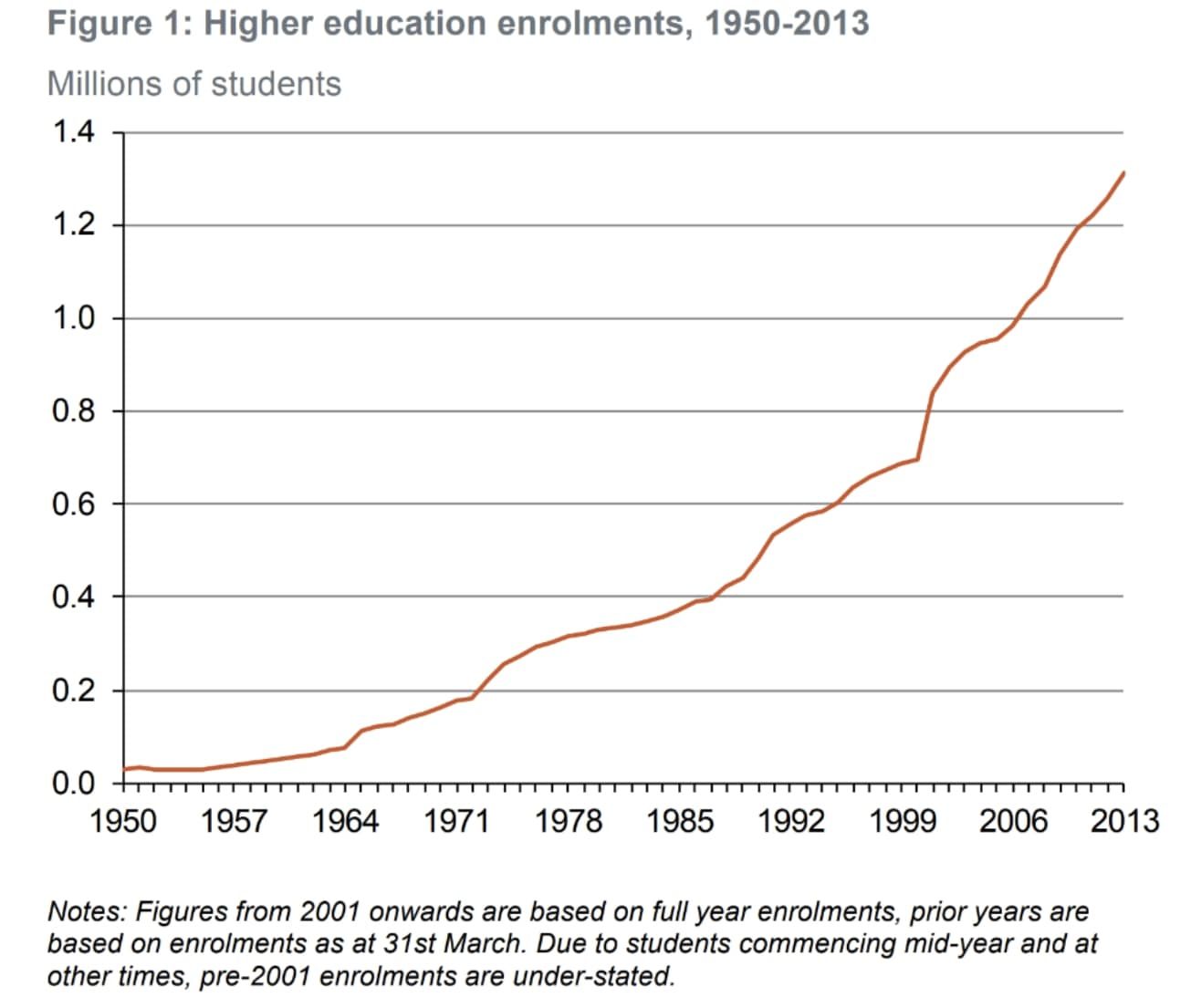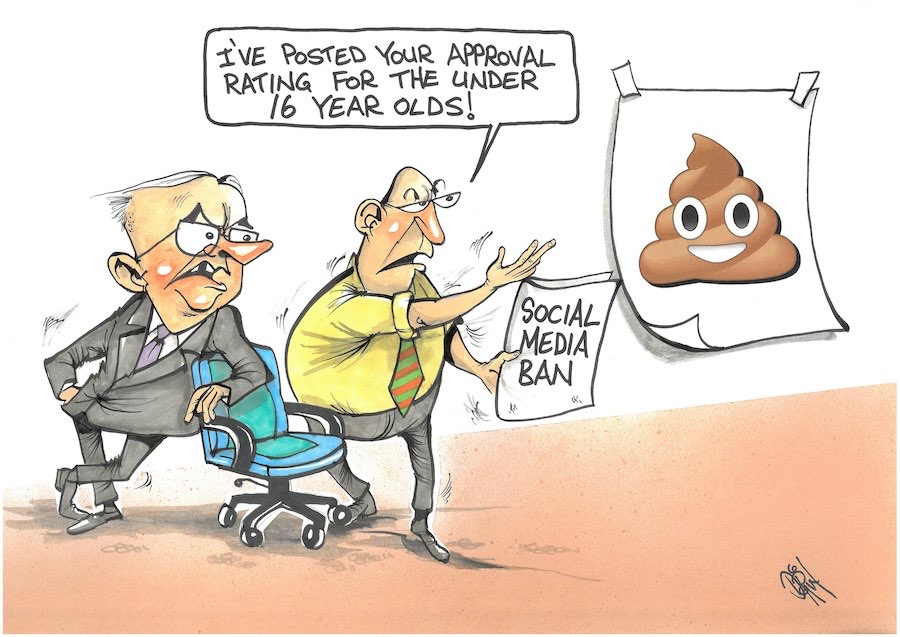
“Criticising previous generations has been a stable ploy of those unwilling to understand the inequalities within different generations… it’s a lazy way to address issues,” writes political columnist MICHAEL MOORE.
RECENT debate in the community, and within the pages of “CityNews”, has highlighted the challenges of current generations compared to Boomers, Millennials, Generation X and so on.

The comments are invariably loaded with ageism. In 2021, the Human Rights Commission reported that ageism was the most accepted form of prejudice in Australia.
Grouping a particular cohort of people into an amorphous cluster facilitates generalised and discriminatory statements and accusations.
The challenge with all prejudice is that there are some from a cohort whose behaviour may be criticised, and the behaviour is then generalised.
Labelling a group often allows people to feel good about criticising others. However, it makes those criticised feel bad. Using a common description for such groups of people distorts the inequalities that were part and parcel of each of the cohorts.
According to Beverley Searle in “The Conversation”, Generation X was identified by British journalists Charles Hamlett and Jane Deverson. Millennials were identified by American authors William Strauss and Neil Howe as those graduating high school in the year 2000. Leslie Nason in an article in the “Daily Press” is credited as being the first person to use the term “baby boomer”.
Each generation has had opportunities and challenges that are associated with events and the times in which they lived. However, lumping them simply as a cohort, implying the same experiences, the same support, and the same ambitions feeds into prejudice.
However, differences between generations can effectively hide “even greater divides based on gender, ethnicity, disability, housing tenure and class”.
There were common factors. The so-called “silent generation” grew up between the two world wars with the impact of post-World War I trauma, the Great Depression and being involved in World War II. According to Searle, this generation saw the “needy older generation as a burden on the tax-paying younger generation”.
From the ’50s, she argues “older people were blocking hospital beds when they should have been in their own homes”.
Criticising previous generations has been a stable ploy, the bread and butter of those who are not willing to understand the inequalities within different generations. The different challenges and opportunities that were available then, are available now and will be available in the future. It is a lazy way to address issues.

Stephen Jones, Australia’s Assistant Treasurer, on the ABC’s “Q&A”, in response to the benefits of being a “Boomer” pointed out “the current generation is not being conscripted to fight in Vietnam”, nor does “a woman have to retire from the workforce if they get married”. He added: “We do have big challenges, but they are not going to be resolved by pitting one group against another”.
The response to the minister included broad generalisations that simply were not accurate. “Previous generations went to university for free”. Not true. It is notable that the number of people able to attend university in Australia has increased exponentially since the ’60s.
There was not even HECS available to support those who were born in the late ’40s and early ’50s. The only free education came with winning a scholarship. Free tertiary education was introduced by the Whitlam government and eventually wound back under the Hawke government 15 years later.
Similarly, “me and my friends can’t even think about buying a house for another 10 years – this is not something that any other generation has faced”. The Great Depression not only ensured people could not buy houses – often families had their houses taken away from them and were not able to find enough money to rent.
Such broad generalisations feed prejudice. Ironically, the person presenting these views was described by the ABC as a human rights advocate. What she and Stephen Jones did agree on was the need to work together on this and that generations should strive to understand each other.
As Searle pointed out, social and political conflict between generations often boils down to the seemingly unfair consumption of resources by the old.
Understanding, tolerance and forbearance are really the keys to resisting ageism. It is time to step away from the “them and us” in intergenerational debate and try to “walk a mile in the shoes” of the other. But as the saying goes: “Take your own off first”.
Michael Moore is a former member of the ACT Legislative Assembly and an independent minister for health. He has been a political columnist with “CityNews” since 2006.
Who can be trusted?
In a world of spin and confusion, there’s never been a more important time to support independent journalism in Canberra.
If you trust our work online and want to enforce the power of independent voices, I invite you to make a small contribution.
Every dollar of support is invested back into our journalism to help keep citynews.com.au strong and free.
Thank you,
Ian Meikle, editor





Leave a Reply